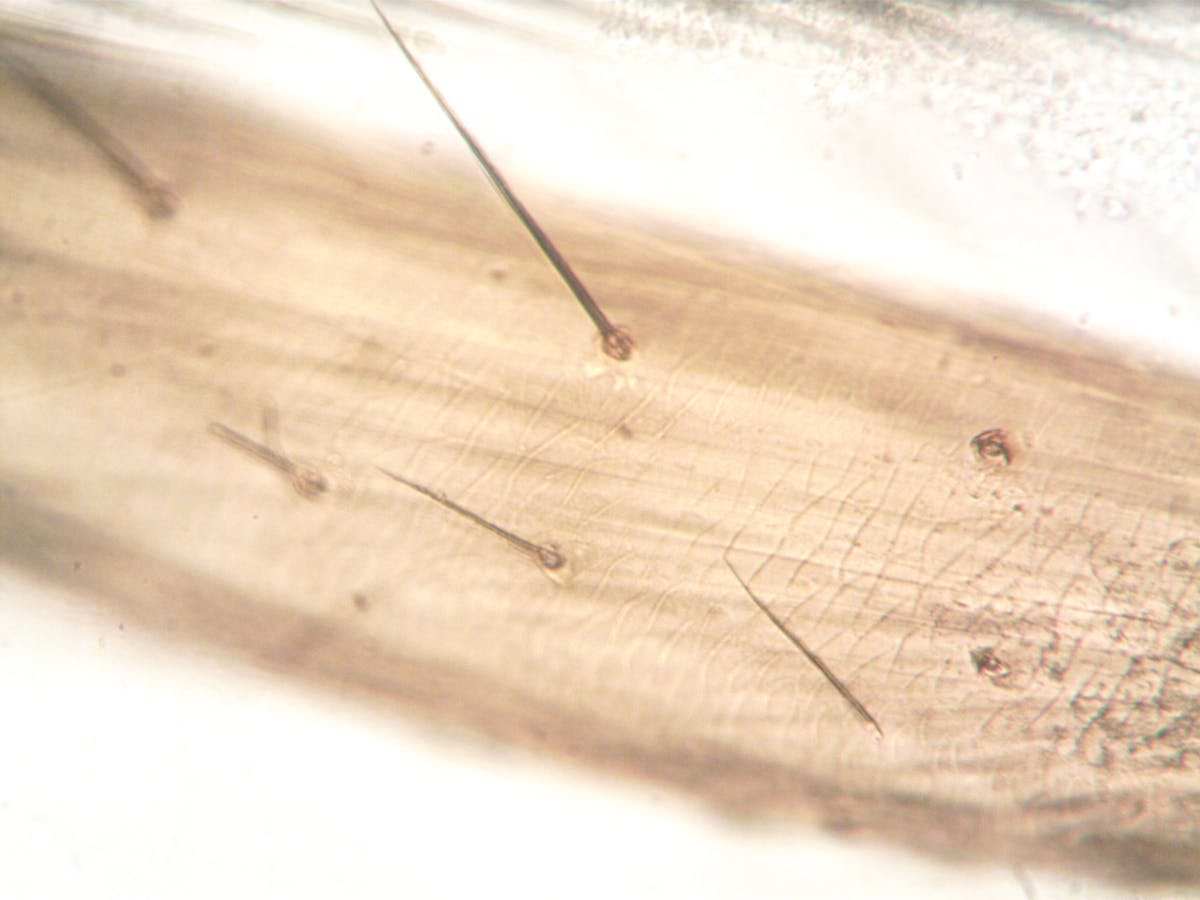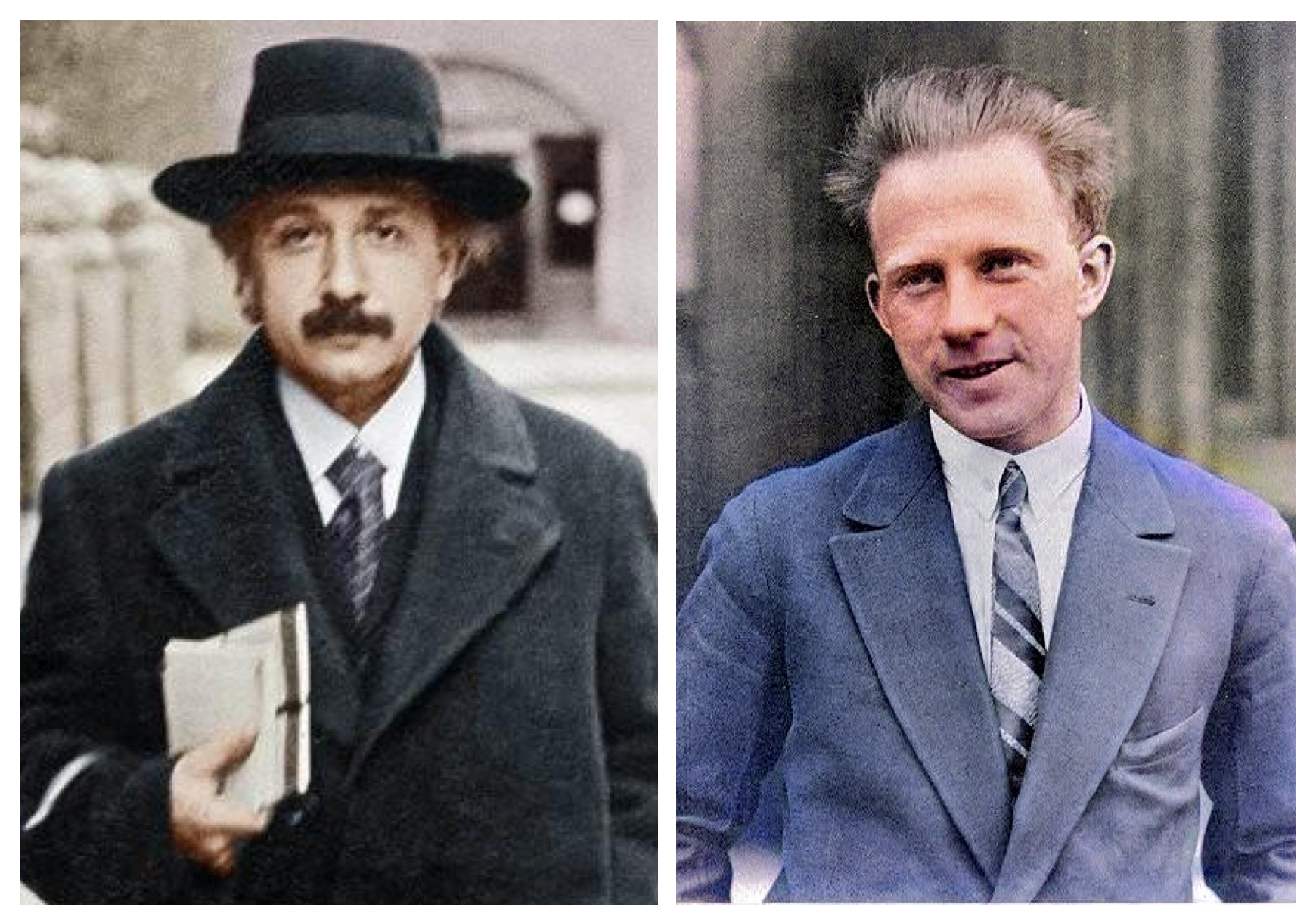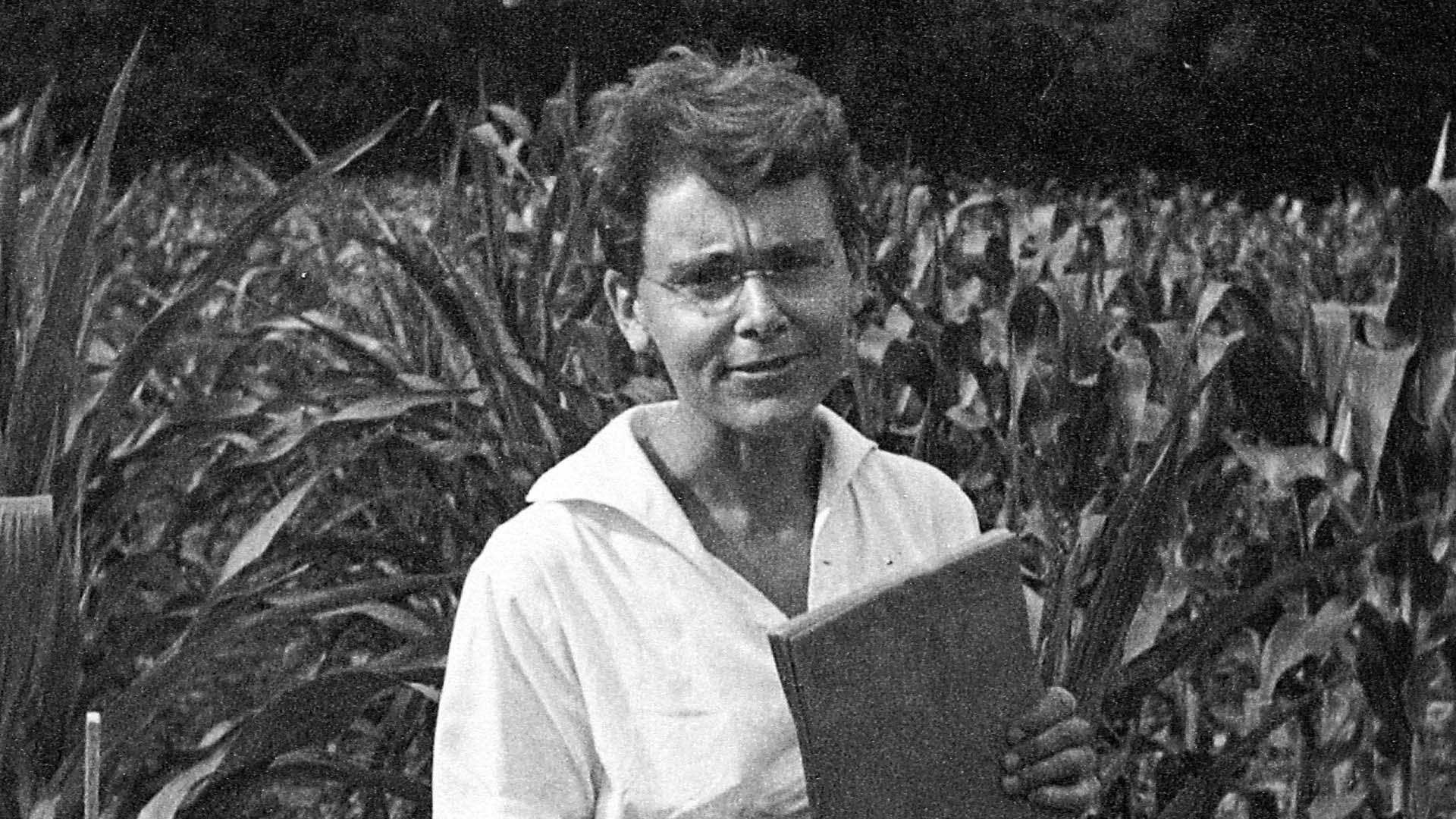The History of Cells: Robert Hooke’s Role
The 17th-century scientific revolution brought about significant advancements in comprehending the natural world, with Robert Hooke standing out as a key figure. This English polymath's sharp observational abilities and groundbreaking experiments revolutionized biology, particularly through his discovery of cells. His detailed efforts established the groundwork for subsequent progress in microbiology and cellular biology—a heritage that endures even today.Robert Hooke and the Development of the Compound MicroscopeRobert Hooke was more than just a scientist; he was also an inventor and architect, renowned for improving scientific tools. In the 1660s, he perfected the compound microscope, an instrument featuring several lenses designed to…






